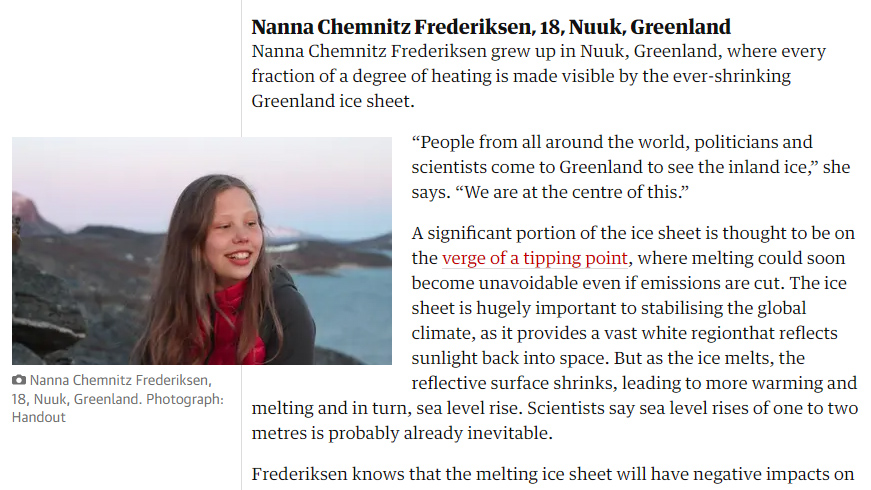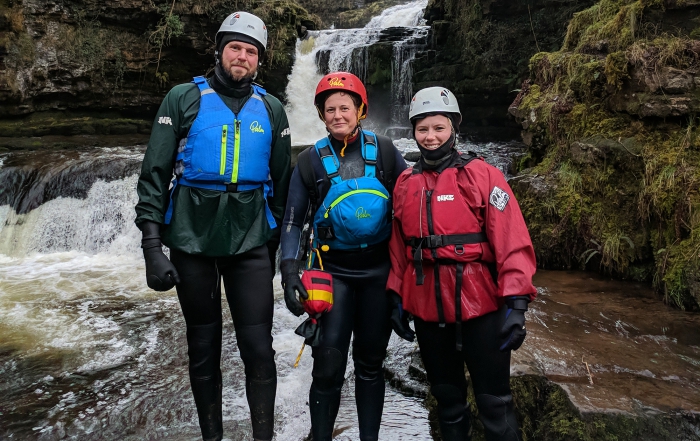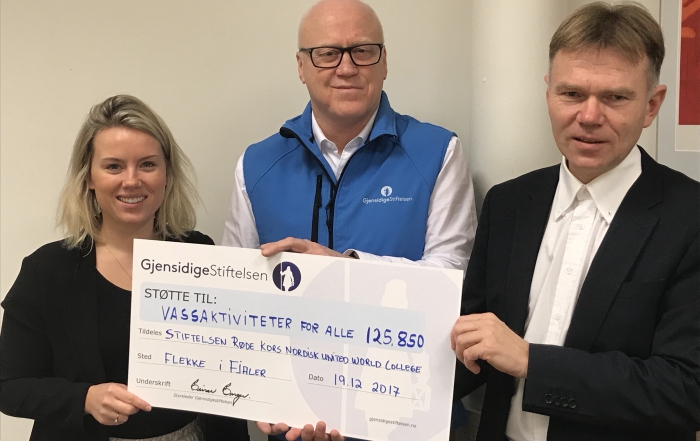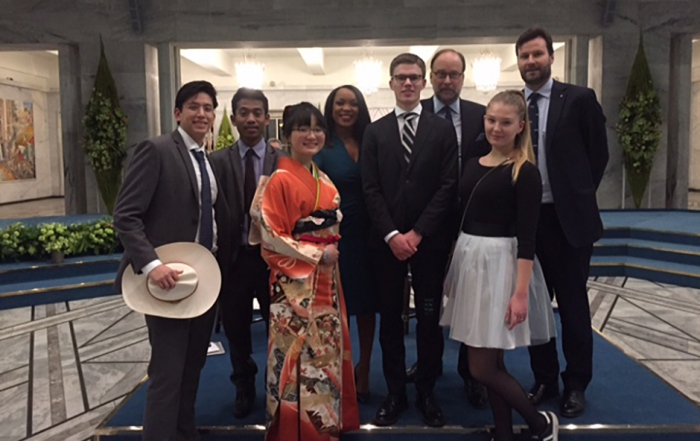“People from all around the world, politicians and scientists come to Greenland to see the inland ice,” she says. “We are at the centre of this.”
A significant portion of the ice sheet is thought to be on the verge of a tipping point, where melting could soon become unavoidable even if emissions are cut. The ice sheet is hugely important to stabilizing the global climate, as it provides a vast white region that reflects sunlight back into space. But as the ice melts, the reflective surface shrinks, leading to more warming and melting and in turn, sea level rise. Scientists say sea level rises of one to two metres is probably already inevitable.
Frederiksen knows that the melting ice sheet will have negative impacts on communities across Greenland, especially in northern settlements such as Qaanaaq where permafrost melting is destabilizing homes and roads and impacting how fishers and hunters operate.
But her real concern lies on the impact it will have globally. “I am not so scared of what the effects of the melting of ice in Greenland will be,” Frederiksen says, “It scares me what effect it can have for the rest of the world.”
Latest News
UWC Connect at Atlantic College
Last week Leonora Kleiven and Joakim Janninge, staff from UWC Connect, visited Atlantic College to meet with their Outdoors Department to learn and share experiences of how to best develop outdoor activities and local outreach. [...]
A Visit from Santa Claus
Santa Claus came early to Haugland this year. We have just got the good news that Gjensidige Foundation have granted UWC RCN 125,850NOK to be spent on dry suits for our kayaking and canoeing activities. [...]
Nobel Peace Prize 2017
Five UWC Red Cross Nordic students - Akari (Japan), Henrik (Norway), Jinho (East Timor), Jorge (Mexico), Mikkeline (Denmark) - and one member of staff (Larry, our Rektor) attended the 2017 Nobel Peace Prize Ceremony in the City [...]




